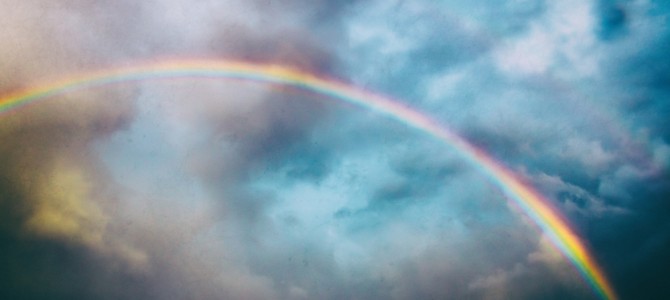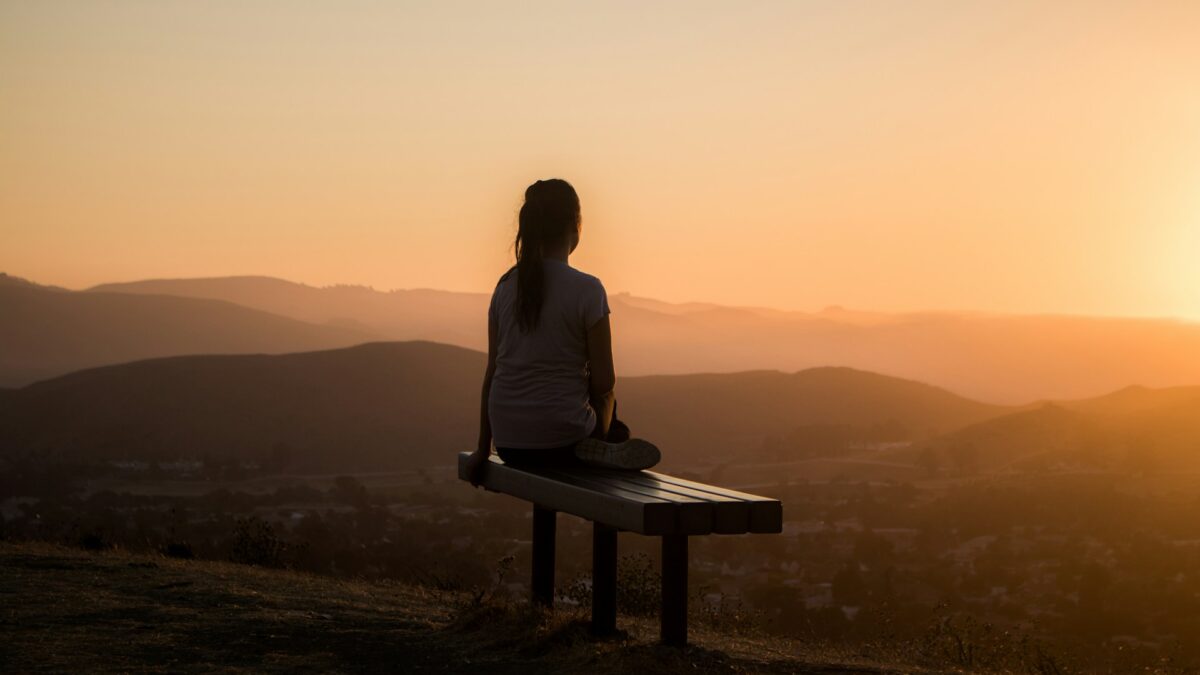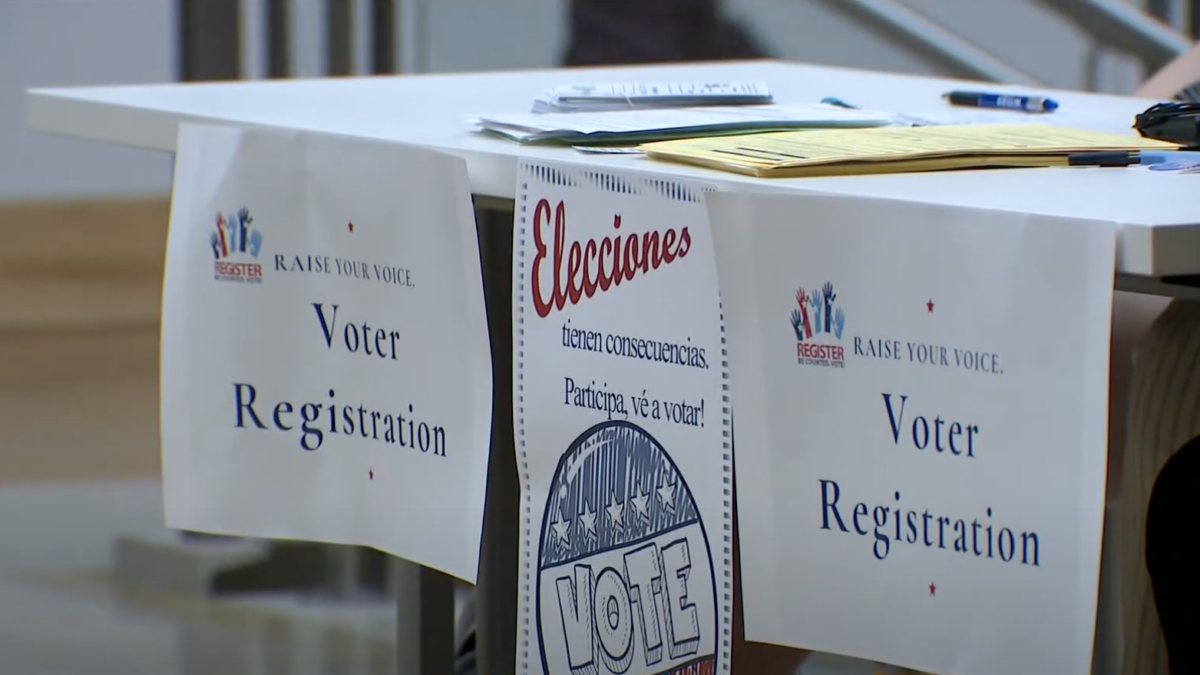Paul “Bear” Vasquez, better known as the “Double Rainbow Guy,” famous for going viral ten years ago having a breakdown under the sight of a double rainbow over the edge of Yosemite National Park died Saturday at the age of 57.
The three-and-a-half minute clip has garnered more than 47 million views on YouTube and made Vasquez an internet celebrity landing him a spot on “Jimmy Kimmel Live.”
In December, I wrote about Vasquez’s experience in a listicle of some of the top viral moments of the decade as the 2010s came to a close, where Vasquez topped the list.
In the three-and-a-half minute video, Vasquez records the rainbow while sobbing uncontrollably in the background, causing many to believe he was maybe, probably, almost definitely high on some kind of drug. Vasquez maintains however, he was high on the pure beauty of the moment.
This led to a touching personal experience that I began reflecting on today upon learning of his passing.
Vasquez lived a simple life in relative solitude on the side of a mountain in the California wilderness just outside the national park growing his own food and chopping his own firewood while his expenses never exceeded roughly $500 a month. While he’s admitted to growing and smoking cannabis, Vasquez told CNN he was sober when filming the video, citing his deep connection to the land as the drug that propelled the high struck by the glory of the colors stretching across the valley.
“When you live alone like this, you connect to nature on a deeper level,” Vasquez told CNN in 2015. “When you can yell at the top of your lungs and no one cares or knows, it gives you a type of freedom that most people have no understanding of.”
Vasquez reached out to me after I published my piece.
“Hello Tristan, I’d like to teach you something,” Vasquez wrote going on to quote the above passage from my piece. “Most people have not lived like I have, buying the side of a mountain and hackling out a self-sustaining farm just outside Yosemite inviting hundreds of people from all over the world to help make it.”
Vasquez continued to note that his spiritual experience broadcast online had reached millions since its viral debut in 2010 adding that he personally goes through the comments on his videos to respond to viewers himself.
Sensitive to the playful allusion of drug use in my piece, Vasquez criticized me as a closed-minded individual unable to understand the forces that guided his reaction to the supernatural sight.
“I’m sorry that your tiny mind can not imagine any other way to explain my experience but I assure you there are other ways sir,” he wrote.
Of course, my intention was never to mock Vasquez’s experience which in truth, I at least like to think I’m more sympathetic to than many may be. Sure, I’m conservative, but I’m a gay basshead whose apartment windows are lined with incense from around the globe and also sleep with a Peruvian dream catcher above my headboard. In college, I took big trips every summer with the money I saved waiting tables where I engaged in some rather hippielike activities including a four-day mediation retreat in the remote mountains of northern Thailand and a similar meditative experience in the Sacred Valley of Peru near Machu Picchu. My favorite books are “The Alchemist” and “Celestial Prophecy,” so I say with sincerity that I understand the place where Vasquez’s energy originated.
Still, my copy had personally offended the humble mountain man who patiently took the time to explain his way life directly rather than impulsively fire off a 240-character tweet riddled with insults.
As emotions flare under the greatest global crisis faced since World War II, already historic levels of polarization are all but certain to go far deeper. Perhaps a more measured approach to our political and cultural differences over reactionary feedback could help stave off some of the deepening divisions that lie ahead even as it already appears they could hardly decline further in the pre-existing crisis in civility.
That’s not to say sharp criticism isn’t warranted, particularly of prominent people of high power, but engaging in snarky behavior for the sake of engaging in snarky behavior is hardly productive to anyone’s goals, let alone progress on the wide array of issues that the current pandemic presents. Vasquez’s email was a small lesson that’ll carry his legacy onward after life.









